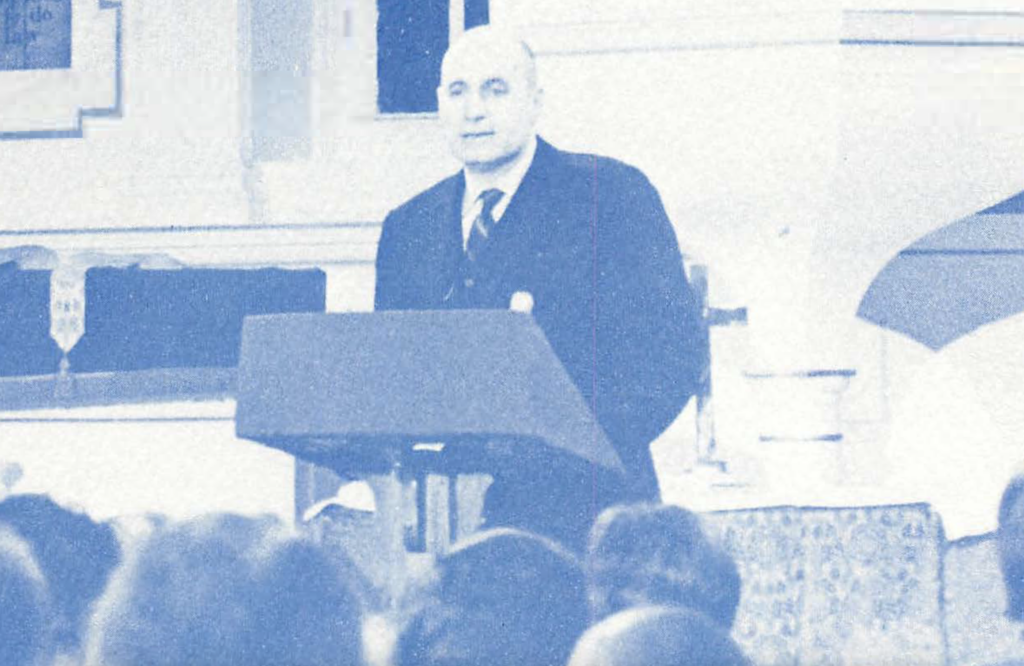By Peter Berger

In his 1974 Bicentennial Lecture, the sociologist Peter Berger surveys the state of religion in a rapidly changing society. To underscore religion’s decline, Berger compares the mid-1970s to the mid-1950s, which marked a symbiotic flourishing for civil and denominational religion. He contends that the weakening of social forces responsible for the religious spirit of the 1950s created a religious recession exemplified by the eroded link between middle-class status and church membership. He also argues that militant secularism, which denies churches moral influence over public policy, threatens the foundational values and assumptions of the American political order.
Berger warns that the continued decay of civil and denominational religion will result in either a period of general social decline or a reimposition of “traditional virtues” through state power – neither which are good for the survival of American democracy and freedom. He predicts that the limits of secularism and the “boredom of a world without gods” can revitalize denominational religion. Berger concludes with a hopeful challenge for America to preserve its civil religion through political will, moral certitude, and a renewed commitment to the American creed.

